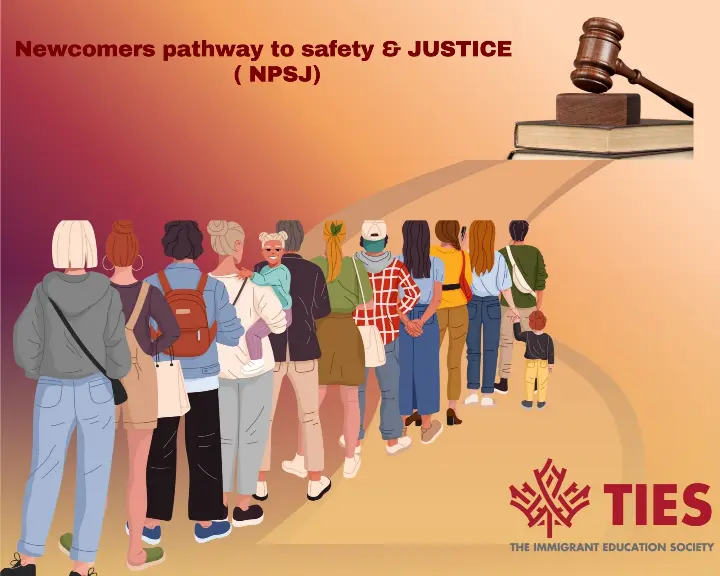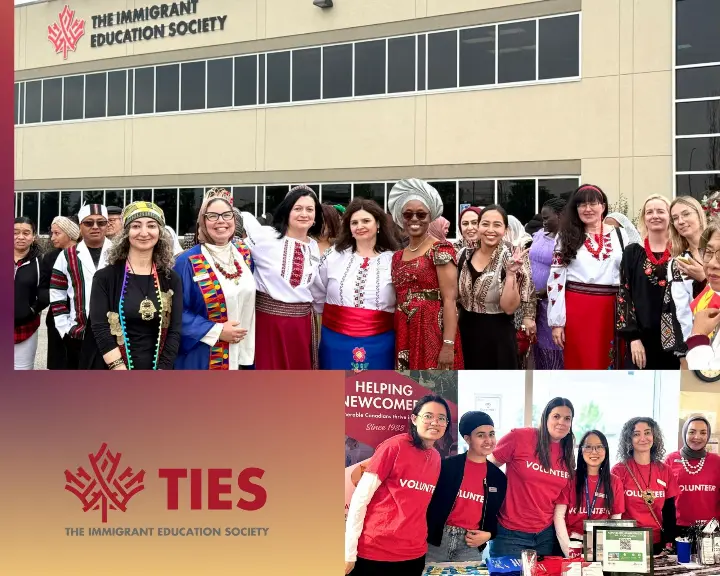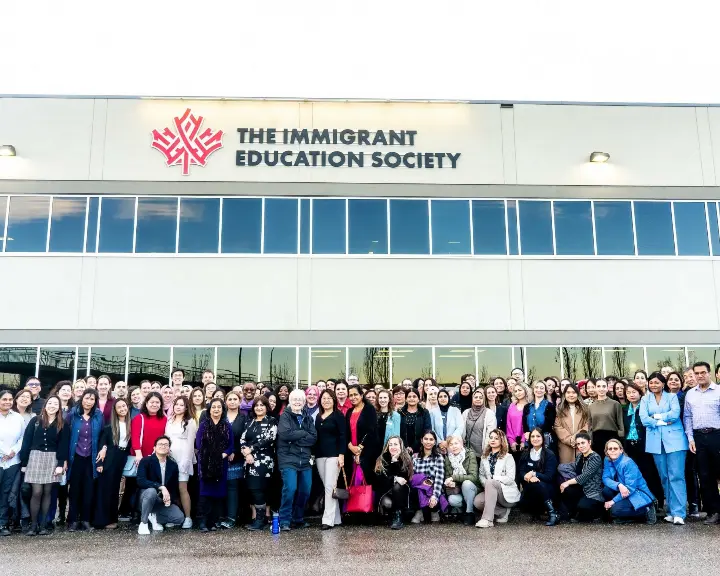
Newcomers Pathway to Safety and Justice
Details
Southern Alberta
The Idea
TIES is proposing the Newcomer Pathways to Safety and Justice (NPSJ) Project, an initiative to address the urgent and multifaceted barriers that newcomer and refugee survivors of gender-based violence (GBV) face in accessing justice in Alberta. Newcomers often experience GBV in contexts compounded by language barriers, cultural stigma, limited knowledge of Canadian laws, fear of authorities, and precarious immigration status.These factors not only increase vulnerability to violence but also severely limit survivors’ ability to seek help, understand their rights, and navigate the justice system. There is a critical gap in culturally and linguistically appropriate legal and support services tailored to these communities—this is the gap NPSJ aims to fill. Over the course of one year, the project will deliver a comprehensive suite of services, including legal clinics, educational workshops, one-on-one support sessions, and referrals to specialized agencies.
The core activities include:
- Group Support for GBV Survivors
- Legal Clinics in partnership with Pro Bono Students Canada- Calgary Chapter -University of Law (PBSC) offering legal advice, assistance with documentation, and navigation of the justice system, with referrals to agencies such as Calgary Legal Guidance and Legal Aid Alberta
- Educational Workshops, delivered monthly, focusing on legal rights, GBV laws, and access to justice
- Individual Legal Information Sessions tailored to each participant’s needs
- Distribution of Multilingual Informational Materials, such as 'How to Navigate the Justice System', in the top five languages spoken by newcomer communities
Who Will Benefit?
The primary beneficiaries of the NPSJ project will be immigrant and refugee individuals in Alberta who have experienced or are at risk of GBV and financial abuse. This includes women, girls, 2SLGBTQIA+ individuals, people with disabilities, seniors, and men within newcomer communities who face unique vulnerabilities due to cultural, linguistic, and systemic barriers.
TIES’s approach is designed to be deeply responsive to the specific needs and lived experiences of these populations through the following strategies:
- Culturally and Linguistically Appropriate Delivery
Workshops, materials, and support services will be offered in plain language and translated into the top languages spoken by newcomer communities (such as, Arabic, Farsi, Mandarin, Hindi, Punjabi, Spanish, Tigrinya, Ukrainian). Multilingual staff and interpreters will ensure clear and respectful communication.
- Trauma-Informed Practice
All project activities will be guided by trauma-informed principles, prioritizing safety, trust, peer support, empowerment, and cultural humility. All TIES staff are trained through our organization Gender-Based Analysis Plus (GBA+) training framework to recognize and respond to the complex intersections of trauma, identity, and systemic barriers.
- Holistic Support
Recognizing that legal awareness is only one aspect of recovery and empowerment, the project will offer referrals to a broad network of services, including mental health counselling, housing support, employment assistance, and childcare—ensuring that survivors receive comprehensive, wraparound care. This is a part of the settlement program within our organization.
- Community-Led and Participatory Approach
Where appropriate, TIES will engage community leaders and members in the design and delivery of project components. This ensures cultural relevance, builds trust, and fosters community ownership. Participant feedback will be actively sought and used to refine programming.
- Flexible Delivery Methods to accommodate diverse schedules and accessibility needs, services will be offered through multiple formats: in-person workshops, online webinars, individual counselling sessions, and outreach events. This flexibility to ensure that survivors can access support in ways that work for them.
Through these strategies and actions, the NPSJ project will create a safe, inclusive, and empowering environment where newcomer survivors of GBV can access justice, rebuild their lives, and advocate for their rights.



